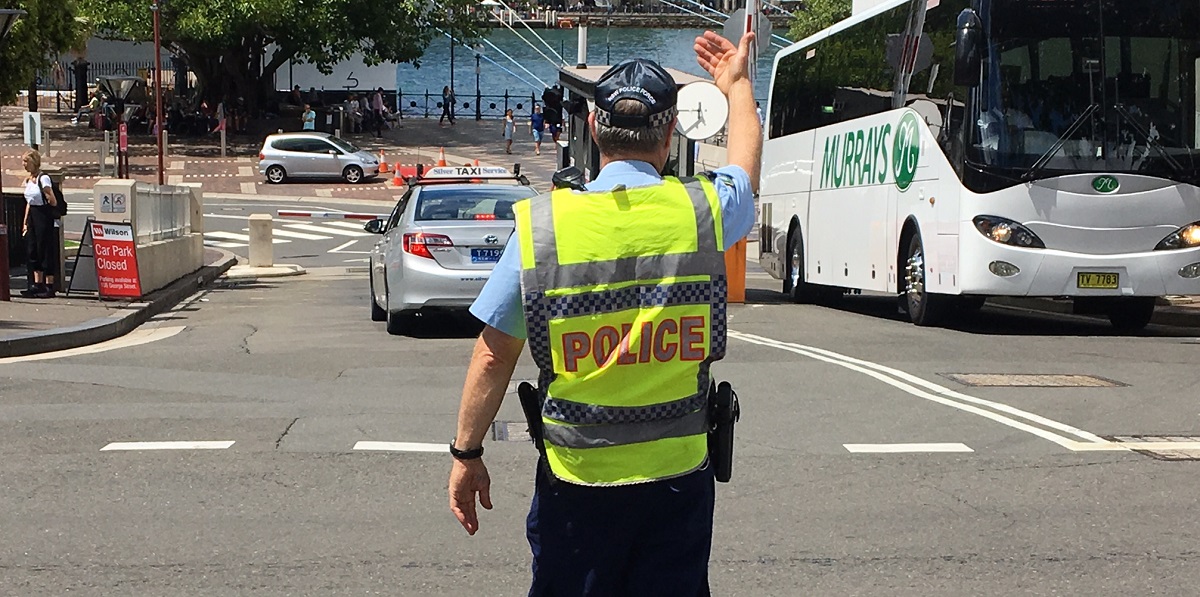Why don’t the police talk like normal people?
Repeated exposure to television’s nightly round-up of crime, violence and human misery – a.k.a. the six o’clock news – leads me to wonder where police officers learn to talk. Is the abandonment of normal speech a critical part of their academy training?
I get that police officers need to use precise language to avoid legal ambiguity and any perception of bias (‘Just the facts, ma’am. Just the facts’.). I also appreciate their need to keep emotion out of their work, otherwise they couldn’t do it. But must they talk like such irritating euphemistic pedants, such that ‘the cat sat on the mat’ would be rendered as ‘the feline has proceeded to seat itself upon the floor covering’?
Take their inability to use the simple past tense. Instead, the police’s default setting is to use the present perfect (or ‘immediate past’) tense, as in ‘the suspect has absconded in a motor vehicle’, a form that generally only used to be employed, correctly, by sports commentators to describe on-field action while it is still actually happening or has just ended. But unlike a football commentator, who for example might tell us that ‘The Wallabies have lost again!’ as the final whistle blows, the police employ the same technique, instead of using the simple past tense, to describe events that ended hours or even days ago.
For example, in this typical effort taken from the pages of the Sydney Morning Herald, the reporting officer managed to employ three tenses in one short sentence: ‘The taxi was on the road and they’re sort of going to attack the taxi and the 19-year-old has gone to say “Hey, don’t do that”… and they’ve turned on him.’

Some civilian organisations have also got all tensed up, as it were, presumably from a desire to sound as officious as the police. Consider this fine effort by the director of Surfwatch Australia, also quoted in the Herald: ‘Luckily he’s had the chance to grab hold of a rock and while he’s hanging on the shark’s still latched on to his leg trying to drag him back out to sea. It was unbelievable.’ Indeed.
As well as twisting their tenses, the police have inexplicably abandoned the use of short, clear, descriptive words. For instance, they would once have described people as men, women, boys, or girls, whereas nowadays they refer to their fellow humans (probably ‘humanoids’ in police parlance) only as either ‘males’ or ‘females’, as if describing chimpanzees in a wildlife documentary. Or if a car crashes into a house, killing the driver, the police officer will intone on the television news that ‘upon attending, officers have discovered that a motor vehicle has collided with a residence and as a result the driver became deceased’.
Perhaps this quote from one of Newcastle Area Command’s duty officers contains a clue as to why the police sometimes speak as if their brains need unscrambling, or as if they’re auditioning for a role in a Monty Python sketch. He’s telling us about a swimming accident but he could equally be describing an incident that befell one of his colleagues just before talking to the media: ‘He’s gone in head first and it seems his head’s collided with a rock.’
I wrote an early version of this post a few years ago. It was published in the Sydney Morning Herald’s Heckler column.
